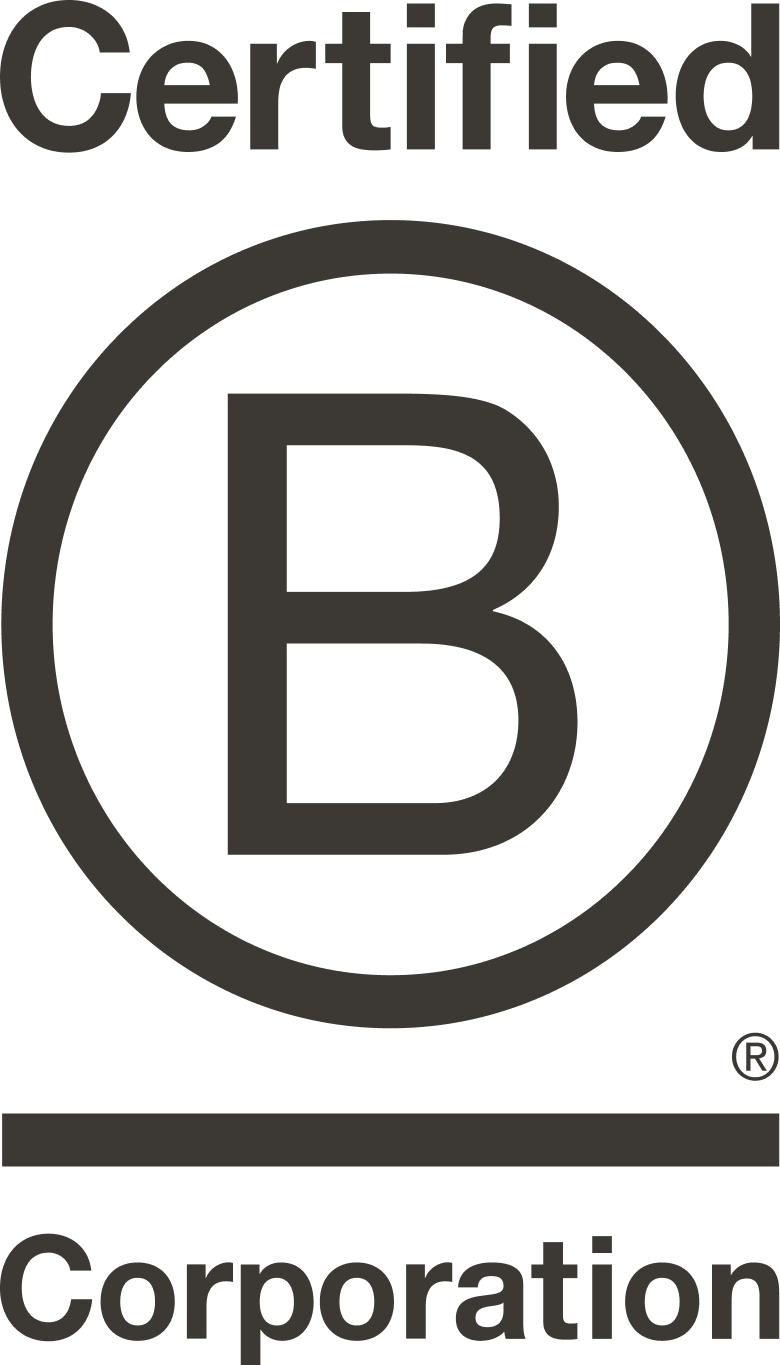The COVID-19 crisis affected all of us in 2020. From hospitalisations, and over 120,000 deaths, to social unrest and economic stresses, including business closings, massive unemployment, and disruption of multiple supply chains, the pandemic has created rapid change in all areas of our lives.
Organisations and individuals were forced to adjust in record time. From redeploying assets to support remote work to shifting business models, launching new products, and building a new reliance on digital tools, employees and management rose to the challenge and pulled together to address a rapidly changing reality.
As we enter year two of the pandemic, we're entering a new phase. As vaccines roll out and offer us a glimpse of hope that we're moving toward the end game, a new challenge has arisen. Pandemic fatigue is here, and it's real.
A survey by the McKinsey Company found that as many as 75% of employees in the US report symptoms of burnout. Add the fact that the number of respondents who rate their mental health as "very poor" is more than three times higher than before the crisis. As a result, businesses will once again need to adjust; we may see a rise in depression, absenteeism, divorce, and attrition among employees.
It's Time For Leaders To Embrace "Bounded Optimism"
As we enter the critical phase of the pandemic, we need to maintain discipline. Leadership and management need to embrace bounded optimism to help teams build resilience and adapt to the coming "new normal."
Leadership needs to convey an optimistic but realistic vision of the future that includes hope, but not a false hope, leading to further disillusionment. Even after vaccines help us reach herd immunity, organisations need to recognise that the "old reality" is gone, and a new reality will take its place.
Strong businesses are continuing to adapt and reinvent themselves by fully embracing the pandemic-driven changes like remote work and a new reliance on digital technology. Today, we need to add managing our workforces through pandemic fatigue to the list of challenges we face as we move through the end of this crisis.
Actions to Take Now to ReEnergize Your Team
Your employees need support and direction now more than at almost any other time during this crisis. You need to manage employees through the final phases of the pandemic. While there is no magic bullet, there are a few tactics you can take to recharge your team for the final push.
1. Listen
Solutions begin with leadership listening to their employees. In light of the past year, leaders must listen more deeply than they typically do. Talk to your teams to collect insight into your employees' concerns and then act upon what you learn.
It's partially about identifying sources of stress and signs of exhaustion, but more importantly, it will connect you on a deeper personal level. Taking your organisation's pulse regularly now is more important than ever as your employee's moods and needs will be affected by pandemic fatigue.
2. Focus on Connections and Personal Well-Being
Your people are your business, and as we enter this stage of the pandemic, it's vital for organisations to recognise the importance of personal wellness and get your team the help they need. Remind your employees of any assistance plans available to them and make sure they use them. Leaders must set the example by taking care of themselves first and being good role models. Reveal some of your own vulnerabilities and show your team that it is OK to need and ask for help.
One thing we've all learned throughout this pandemic is the importance of community. In a "virtual" world, leaders must take ownership of not only results but the mood and morale of their employees—institute initiatives like wellness programs or videoconferencing happy hours to bolster connection. Encourage a holistic approach to well-being!
3. Address Disillusion With Bounded Optimism
Offer inspiration and hope, but make sure it is grounded in reality. We're getting closer, but we're not yet through this. Communicate less about returning to normal and focus on the reality of where we are and accepting it. Reinforce your organisation's purpose to help your team process the new reality, offer some stability, and reignite motivation!
Albert Einstein once said, "In the midst of every crisis lies great opportunity." This pandemic is no different. We've been given an opportunity to reimagine the way we work, our relationships, and the way we live our lives.
We're at a critical juncture. It's more important than ever for leaders to recognise pandemic fatigue challenges and work to help individuals grow personally while nurturing their talent. The leaders and organisations that do will emerge from this better positioned to adapt to all of the challenges ahead.
Don’t Forget to Share this Post!










